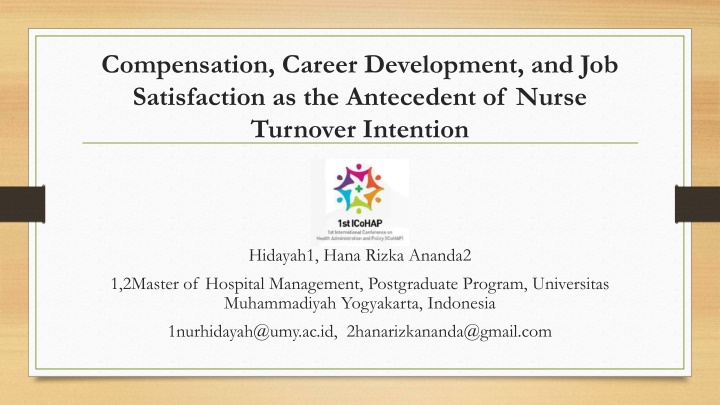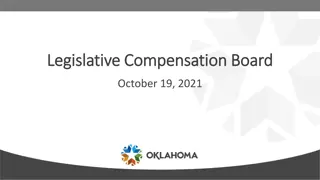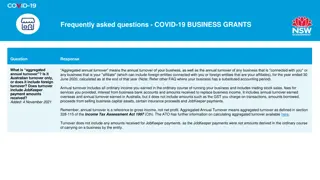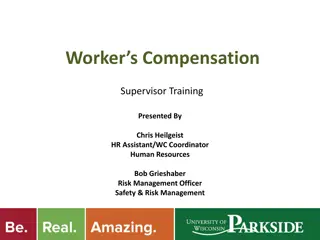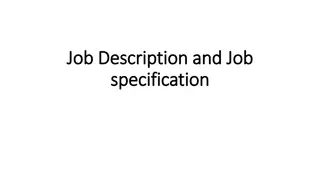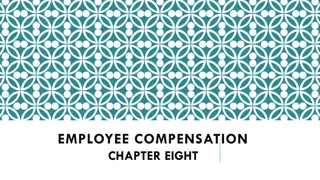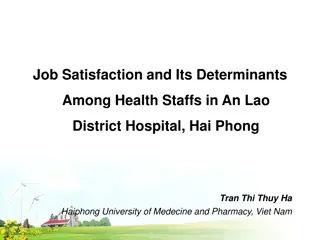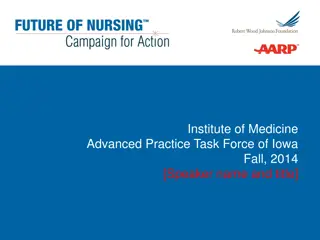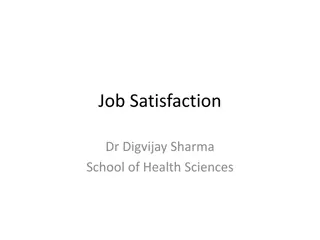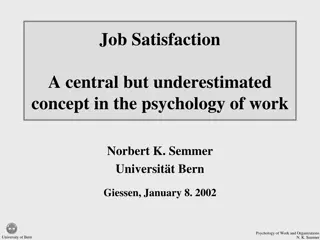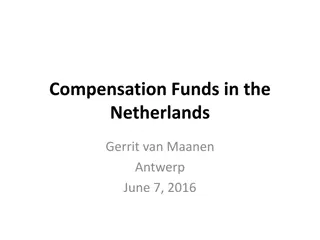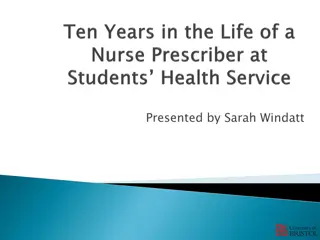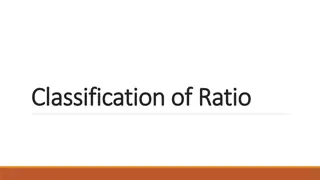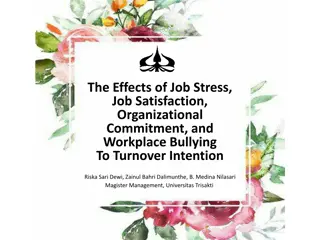Impact of Compensation, Career Development, and Job Satisfaction on Nurse Turnover Intention
The research study examines the influence of compensation and career development on job satisfaction and its subsequent impact on nurse turnover intention in a private hospital in Yogyakarta, Indonesia. The findings indicate that addressing issues related to compensation, career advancement, and job satisfaction can help reduce nurse turnover, ultimately benefiting service quality and patient safety.
Download Presentation

Please find below an Image/Link to download the presentation.
The content on the website is provided AS IS for your information and personal use only. It may not be sold, licensed, or shared on other websites without obtaining consent from the author.If you encounter any issues during the download, it is possible that the publisher has removed the file from their server.
You are allowed to download the files provided on this website for personal or commercial use, subject to the condition that they are used lawfully. All files are the property of their respective owners.
The content on the website is provided AS IS for your information and personal use only. It may not be sold, licensed, or shared on other websites without obtaining consent from the author.
E N D
Presentation Transcript
Compensation, Career Development, and Job Satisfaction as the Antecedent of Nurse Turnover Intention Hidayah1, Hana Rizka Ananda2 1,2Master of Hospital Management, Postgraduate Program, Universitas Muhammadiyah Yogyakarta, Indonesia 1nurhidayah@umy.ac.id, 2hanarizkananda@gmail.com
Introduction Shortage of professional nurse in a hospital is threaten service quality and patient safety. Inadequate compensation, no career development, and dissatisfaction can increase turnover intention. Increasing the resilience of professional nurses better than recruiting new nurses from an economic perspective.
Research Purpose and Method The research analyzed the effect of compensation and carrier development on job satisfaction and the impact on turnover intention of nurses in a private hospital in Yogyakarta, Indonesia. A quantitative research design with cross sectional approach used. The sampling technique was simple random sampling. The samples consisted of 47 nurses who made a self-reported by filling out the questionnaire. Data analysis used Partial Least Square.
Gender Education Category Frequency D3 S1 Total Frequency 5 42 47 Presentage 70.2 29.8 100.0 Category Man Women Total Presentage 10.6 89.4 100.0 33 14 47 Age Employment Status Frequency Category < 25 Years 25-30 Years 31-35 Years > 35 Years Total Presentage 8.5 48.9 17.0 25.5 100.0 Frequency 8 39 47 Category Contract Permanent Total Presentage 17.0 83.0 100.0 4 23 8 12 47
Validity and Reliability Test Cronbach's Alpha Composite Reliability Average Variance Extracted (AVE) rho_A Career Dev Financial Comp Job Satis Turnover Int 0,997 0,977 1,000 0,864 0,997 0,985 1,000 0,892 0,998 0,982 1,000 0,918 0,978 0,917 0,993 0,791 R Square R Square Adjusted Job Satis Turnover Int 0,964 0,739 0,963 0,721
PATH COEFFIENTS Original Sample (O) Standard Deviation (STDEV) Sample Mean (M) T Statistics (|O/STDEV|)P Values Career -> Job Satis Career -> Turnover Int Financial Comp -> Job Satis Financial Comp -> Turnover Int Job Satis -> Turnover Int 1,127 -1,431 -0,157 -0,317 2,454 0,855 -1,132 -0,113 -0,284 1,863 0,444 0,712 0,229 0,194 1,088 2,538 2,011 0,686 1,628 2,256 0,011 0,045 0,493 0,104 0,024
Discussion1 In light of protected workforce shortage that still continuous, turnover is crucial issue in the world. Turnovers have strong correlation with patient outcomes particularly patient safety (falls, infections), poor job satisfactions and quality of patient care (Lu, et al., 2017) (Roche et al., 2015). Job satisfaction influence turnover intention (Arianto and Syihabudhin, 2018), (Omar et al., 2018), (Lu, et al., 2017), (Oktizulvia et al., 2017), (Parry, 2008) Turnover intention also had correlation with financial rewards. So, to reduce turnover intention, the management should be pay attention seriously to financial rewards (Azeez, 2016). Financial reward and career development influence turnover intention (Omar et al., 2018), (Ghafoor et al., 2017).
Discussion2 Career development is essential for every professional of nurse. To maintain nurse competencies needed continuing career development. A study found that continuing professional development have positive correlation with nurse satisfaction (Hariyati et al, 2017). Inadequate compensation, unclear career development, and dissatisfaction can increase turnover intention. Increasing the resilience of professional nurses better than recruiting new nurses from an economic perspective. The cost of turnover is very high. Employee are essential assets and the building blocks of an organization. Researchers and practitioners stated that an organization should satisfy and retain key performers (Abid and Hassan Butt, 2017) or the will lost much money to train and develop a new employee. So, raising turnover of workforce becomes a serious organizational problem.
Concusion Financial compensation has negative effect on job satisfaction. So, not supported by the theory. Financial compensation has negative and significant effect on turnover intention Career development has positive and significant effect on job satisfaction Career development has negative significant effect on turnover intention Job satisfaction has positive
